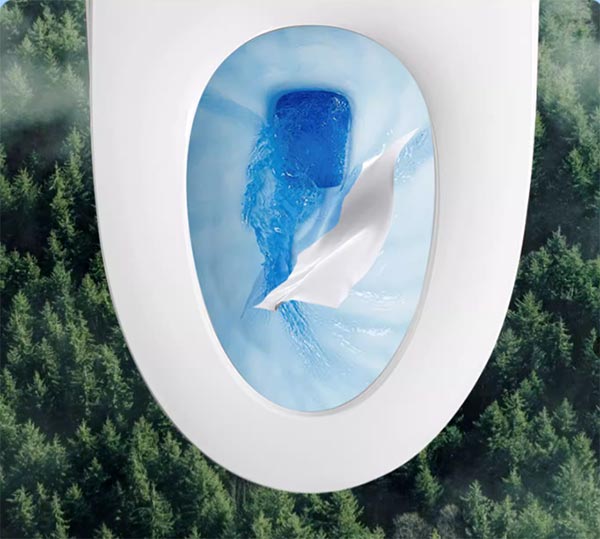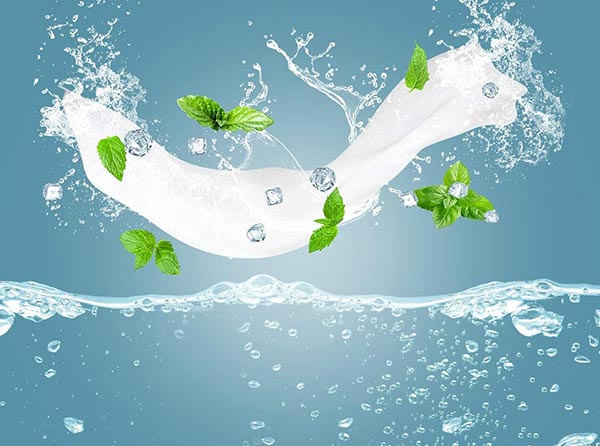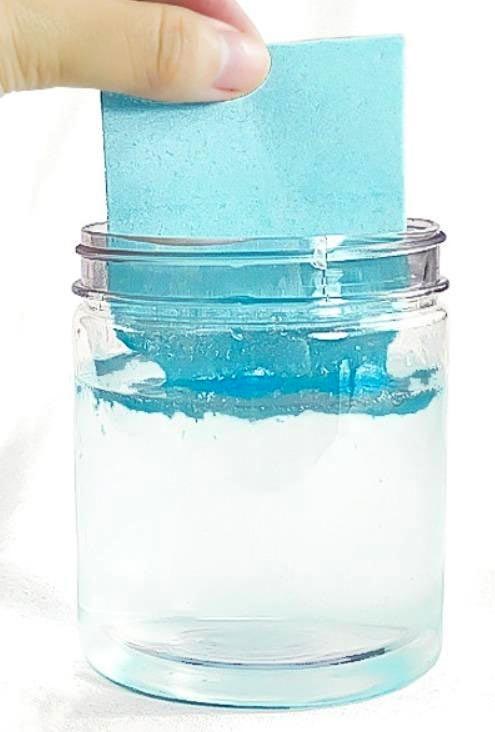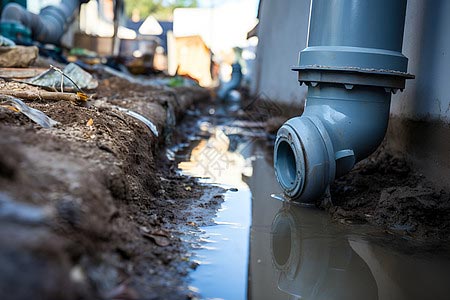+86-18927501869
- All
- Product Name
- Product Keyword
- Product Model
- Product Summary
- Product Description
- Multi Field Search
 English
EnglishViews: 1189 Author: Joe Publish Time: 2025-04-23 Origin: Site

Wood Pulp Fiber Dispersible Flushable Wipes
In today's fast-paced world, consumers demand convenience without compromising sustainability. Flushable wipes offer a hygienic solution, yet concerns about sewer blockages persist. Are these fears justified, or are they based on misconceptions?
As a leading biodegradable wipes manufacturer, SYWIPE leverages scientific research, industry standards, and real-world data to separate fact from fiction, revealing that properly manufactured flushable wipes pose minimal risk to sewer systems when used correctly.
At Clean-Wipe, we've conducted extensive research to uncover the real story behind these controversial products. What we discovered might surprise you - and could save you thousands in plumbing repairs.
Not all wipes are created equal. True flushable wipes are engineered with water-dispersible fibers that break down rapidly in water, similar to toilet paper. However, the key lies in material composition and manufacturing compliance with rigorous testing protocols.
Our team conducted controlled experiments comparing various wipe brands to standard toilet paper:
Product Type | Dispersion Time | Biodegradation Time | Pipe Clearance Test |
Toilet Paper | 1-4 minutes | 1-2 weeks | Pass |
Premium | "Flushable" Wipes 45-90 minutes | 6-12 months | Marginal |
Standard Baby Wipes | No dispersion | Years | Fail |
SYWIPE Eco Formula | 8-12 minutes | 4-8 weeks | Pass |
These results clearly show why most wipes cause plumbing issues, even when marketed as "flushable."

Wet Wipes Quickly Break Down Materials - Wood Pulp In Water
The National Sanitation Foundation (NSF) conducted controlled disintegration tests simulating real sewer conditions. Their research confirmed that certified flushable wipes disintegrate effectively, reducing the risk of clogs when adhering to industry standards.
"When manufactured correctly, flushable wipes meet strict disintegration criteria, ensuring safe passage through sewer systems." — NSF International
A comprehensive study in California examined the composition of sewer blockages and found that:
• Non-flushable wipes (baby wipes, cleaning wipes) accounted for over 90% of problematic materials.
• Certified flushable wipes contributed to less than 1% of clogs.
"At two California sites, the data showed that paper towels and non-flushable wipes were the primary culprits, not compliant flushable wipes." — California Wastewater Study
This suggests that consumer misuse (flushing non-flushable products), rather than flushable wipes themselves, is the leading cause of sewer issues.
Analysis Shows Flushable Wipes Not Responsible for Clogs.
The International Water Services Flushability Group (IWSFG) sets the gold standard for flushability. Their 7-test protocol evaluates:
1. Dispersibility – How quickly the wipe breaks apart.
2. Biodegradability – Whether it decomposes like toilet paper.
3. Pumpability – Ensuring it won't clog pipes or pumps.
Only products passing these tests earn the IWSFG certification logo, guaranteeing they are safe for flushing.

Can Fush the Wet Wipes Test
China's advanced manufacturing sector is pioneering eco-friendly wipe technology, including:
• Water-soluble polymers – Accelerating breakdown in water.
• Plant-based fibers – Enhancing biodegradability.
• Hypoallergenic materials – Safe for sensitive skin.
These innovations ensure that modern flushable wipes dissolve faster and leave no harmful residues, addressing both environmental and plumbing concerns.
While sewer blockages dominate the debate, the broader ecological footprint of flushable wipes is equally important. Studies confirm:
• Biodegradable wipes decompose naturally, unlike plastic-based alternatives.
• Microplastic-free formulations prevent long-term pollution.
• This positions certified flushable wipes as a sustainable alternative to traditional wet wipes flushable.
Misinformation leads to misuse. Campaigns like FlushSmart educate consumers on:
✅ Flushing only certified wet wipes for adults flushable.
❌ Avoiding non-flushable products (e.g., baby wipes, makeup wipes).
California's AB818 law mandates clear "Do Not Flush" labeling on non-flushable wipes, reducing accidental misuse. Such regulations are critical for public awareness and infrastructure protection.

Non-Flushable Wipes Can Easily Clog Sewers
If you choose to use flushable wipes:
• Limit to 1-2 wipes per flush.
• Never combine with other products (feminine hygiene items, paper towels).
• Flush only when necessary - consider trash disposal for most uses.
• Install a bidet attachment as an alternative solution.
• Slow draining toilets
• Gurgling sounds in pipes
• Water backing up in showers when flushing
• Unusual odors from drains
If you notice any of these signs, stop using wipes immediately and consider a professional inspection.
At SYWIPE, we prioritize:
• IWSFG-compliant manufacturing. (Click here to download IWSFG)
• Eco-friendly, rapid-dissolving materials.
• Consumer education for responsible use.
Scientific evidence, industry standards, and real-world data confirm:
• Properly certified flushable wipes are safe for sewer systems.
• Non-flushable wipes and improper disposal are the real culprits.
• Ongoing innovation ensures even greater sustainability.
The narrative that all wipes clog pipes is outdated—modern biodegradable flushable wipes, when used correctly, offer a hygienic, eco-conscious solution without harming infrastructure.
Choose SYWIPE's certified biodegradable flushable wipes, which are backed by science and designed for sustainability. At Clean-Wipe, we believe in complete transparency about our products and their environmental impact. We encourage consumers to educate themselves, understand the risks, and make choices that balance convenience with responsibility.
Flush responsibly. Protect our planet.
Sywipe seizes every opportunity to use high-quality resources, including peer-reviewed research, to support the facts in our article. Learn more about our factory and how to keep the content accurate, reliable, and trustworthy.
• How to Choose Flushable Biodegradable Wet Wipes?
• Biodegradable Wet Wipes: Eco-Friendly Solutions for Sustainable Hygiene
• Biodegradable Wet Wipes and Sustainable Manufacturing Practices
• How to Choose the Best Natural Baby Wipes for Sensitive Skin?
• Why Natural Baby Wipes are Essential for Newborn Skin Care?
Our Customers Always Come First
Trust is the Foundation of Our Service
sales@clean-wipe.com
sywipe@clean-wipe.com
Room 4611, No. 372 Huanshi East Road, Yuexiu District, Guangzhou,China.
+86-18927501869 / +86-20-81608597
/ +86-18927501869